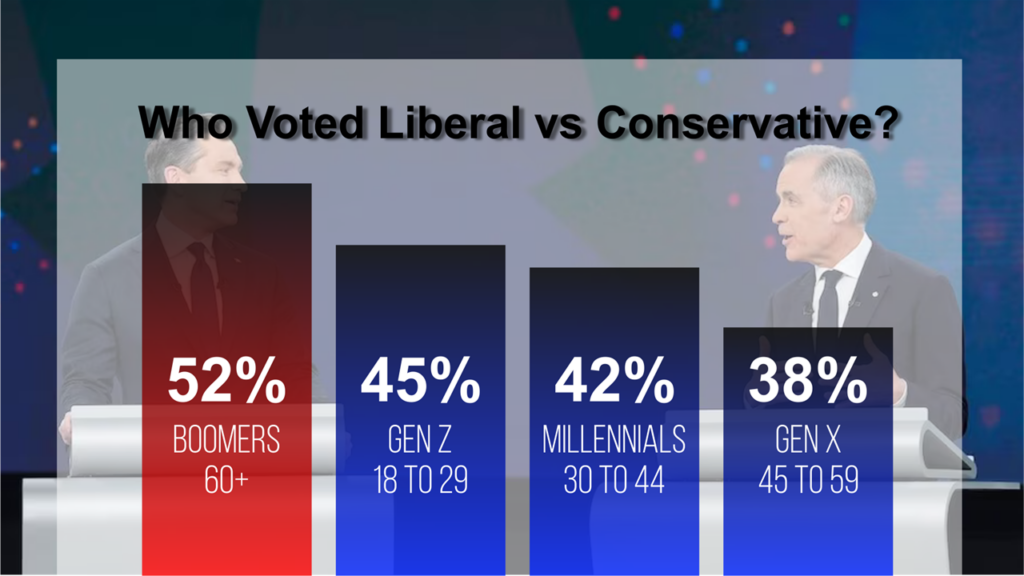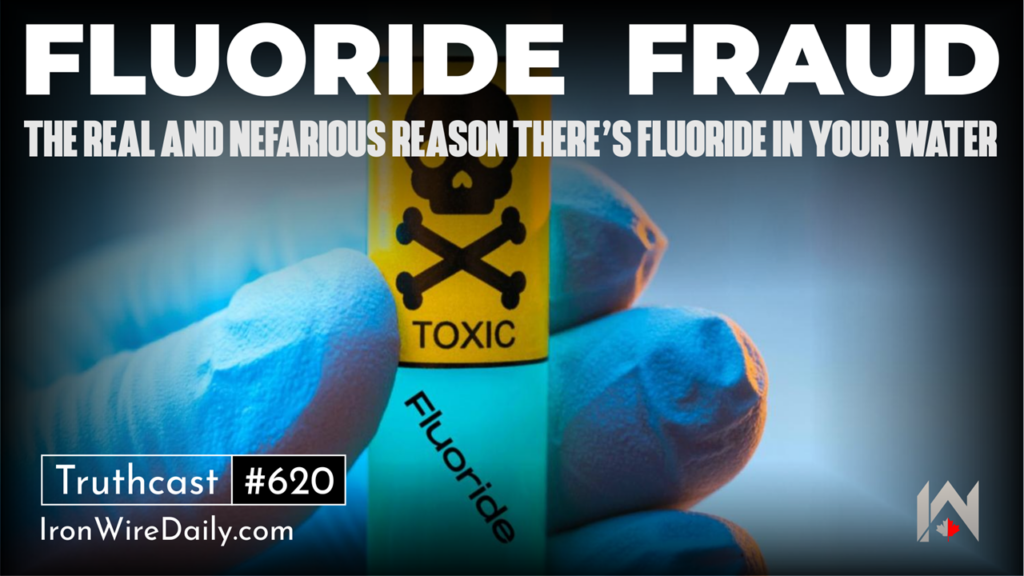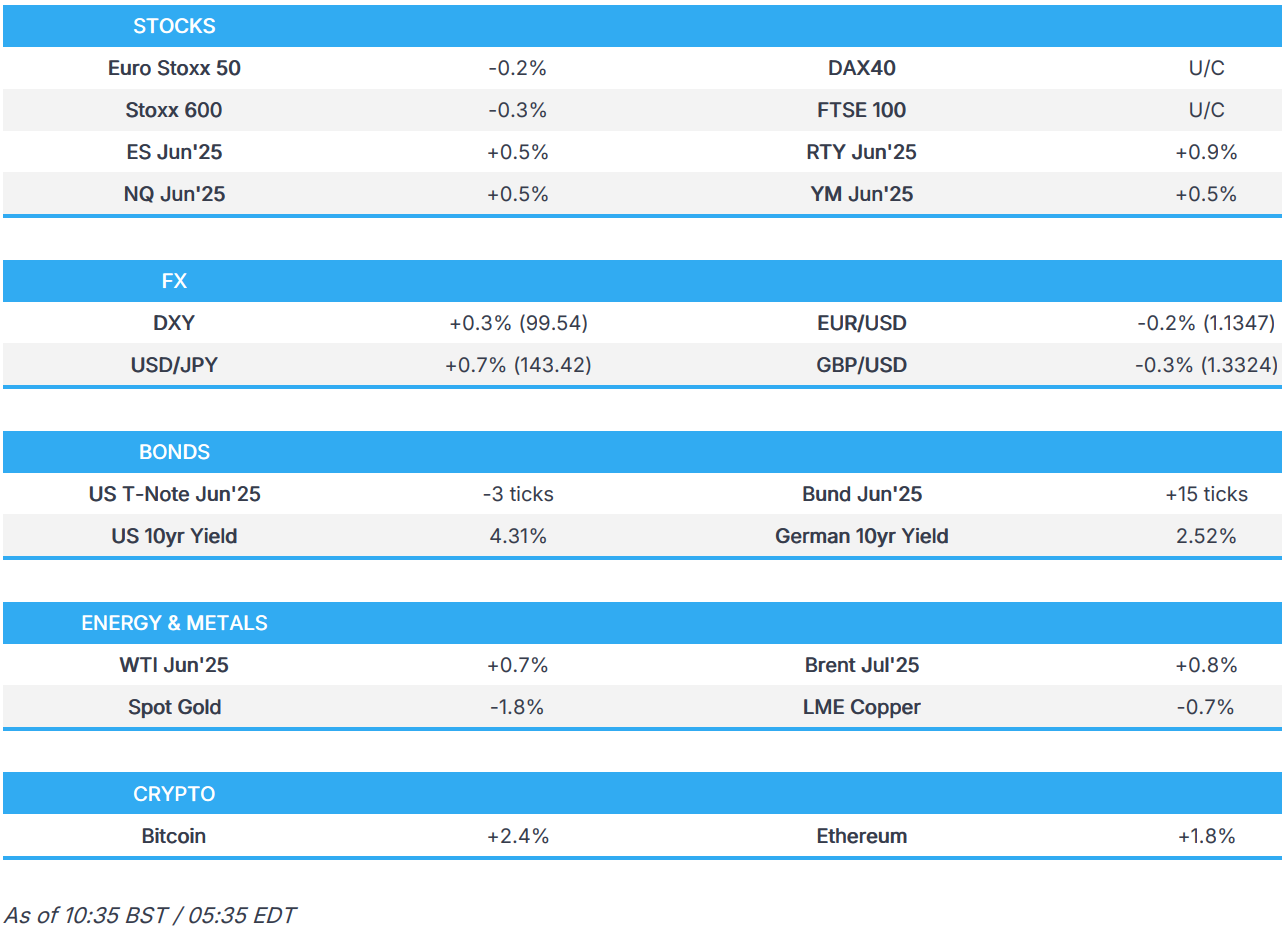Pfizer Vaccine Linked to Higher All-Cause Mortality Rate than Moderna Shot

Source: Children’s Health Defense
People who received two doses of Pfizer’s COVID-19 vaccine were more likely to die within a year from cardiac arrest, COVID-19 and all other causes than those who received two doses of Moderna’s vaccine, according to the author of a study published April 29 on the preprint server medRxiv.
Retsef Levi, Ph.D., the study’s first author, told The Defender, “The Pfizer vaccinees had significantly higher all-cause, cardiovascular, COVID-19 and non-COVID-19 mortality over 12 months post dose two.”
Researchers from the Massachusetts Institute of Technology (MIT) and the Florida Department of Health conducted the study, using data from the Florida Department of Health.
Florida Surgeon General Joseph Lapado, also an author of the study, said in an X post, “It has become painfully obvious that as a result of Big Pharma-driven vaccine ideology, these products do not receive the safety scrutiny they should.”
It has become painfully obvious that as a result of Big Pharma-driven vaccine ideology, these products do not receive the safety scrutiny they should. https://t.co/OUbv1vi0Hx
— Joseph A. Ladapo, MD, PhD (@FLSurgeonGen) April 29, 2025
The study authors compared the mortality outcomes for 735,050 noninstitutionalized adults in Florida who received two doses of the Pfizer COVID-19 vaccine to the mortality outcomes for 735,050 adults who received the Moderna vaccine.
Before comparing the two groups, the authors carefully matched group members by sex, age (within five years), ethnicity, residential neighborhood, month and site of vaccination, such as a private pharmacy or hospital.
Trial Site News reported that the study “has reignited the debate over the comparative safety of mRNA COVID-19 vaccines.”
Daniel O’Connor, founder and CEO of Trial Site News, said the study raises “urgent safety questions,” particularly about Pfizer’s shot.
“If Pfizer’s vaccine were a drug on trial,” O’Connor said, “this data would demand a pause — yet it continues under full regulatory protection.”
O’Connor said he hopes the study’s findings will soon be published in a peer-reviewed journal so the risks of Pfizer’s shot can be officially known. “The public deserves transparency, not silence.”
Study raises questions about mRNA vaccines and all-cause mortality
The study focused on what’s called “nonspecific” effects from mRNA COVID-19 vaccines.
Nonspecific effects refer to outcomes from a vaccine other than the vaccine’s specific target outcome. Levi explained:
“The COVID-19 vaccines aim to reduce infections, mortality and severe illness from SARS-CoV-2 infections. However, like other vaccines, they may have other effects on the recipient’s health … beyond the specific target of the vaccine.
“For example, the vaccine may protect against another illness or increase the risk of a cardiac arrest or mortality.”
Nonspecific effects are important to understand, but they often go overlooked in safety studies, Levi said. “They are currently not studied regularly and rigorously as part of clinical trials or post-market studies.”
Levi and his co-authors said in their report that the results “underscore the importance of considering non-specific vaccine effects, and specifically all-cause mortality, when evaluating vaccines.”
The results also raise concerns about the effect of mRNA COVID-19 vaccines on all-cause mortality, they said.


This article was funded by critical thinkers like you.
The Defender is 100% reader-supported. No corporate sponsors. No paywalls. Our writers and editors rely on you to fund stories like this that mainstream media won’t write.
Increase in mortality risk highest among people age 60 and older
For the study, the authors did statistical analyses to ensure that the difference in mortality outcomes between those who received Pfizer’s shot and those who received Moderna’s shot wasn’t due to something other than vaccine type.
“Robustness analysis and negative control outcomes show no indication of meaningful unobserved confounding differences between the two cohorts,” Levi said.
The authors noted that the increase in mortality risk was highest among vaccine recipients over age 60.
In their report, they wrote that the study “adds to a growing scientific understanding of the potential clinical significance” of nonspecific vaccine effects, such as all-cause mortality.
The study did not look at how mortality rates among those who received Pfizer or Moderna’s shot compared to those who were unvaccinated.
However, prior research has linked COVID-19 vaccines, including Pfizer’s and Moderna’s, to an increase in all-cause mortality.
For instance, a June 2024 peer-reviewed study compared the risk of all-cause death among vaccinated and unvaccinated residents of the Italian province of Pescara. In their univariate analysis, the Italian researchers found the risk of all-cause death to be over 20% higher for those vaccinated with two or more doses of the COVID-19 vaccine compared to the unvaccinated.
In 2023, a study of 17 countries found a “definite causal link” between peaks in all-cause mortality and the rapid rollouts of the COVID-19 vaccines and boosters.
In January 2024, Ladapo called for a “halt in the use of COVID-19 mRNA vaccines” over safety concerns that the mRNA technology is delivering DNA contaminants into people’s cells.
Pfizer and Moderna did not immediately respond to The Defender’s request for comment.
Related articles in The Defender














